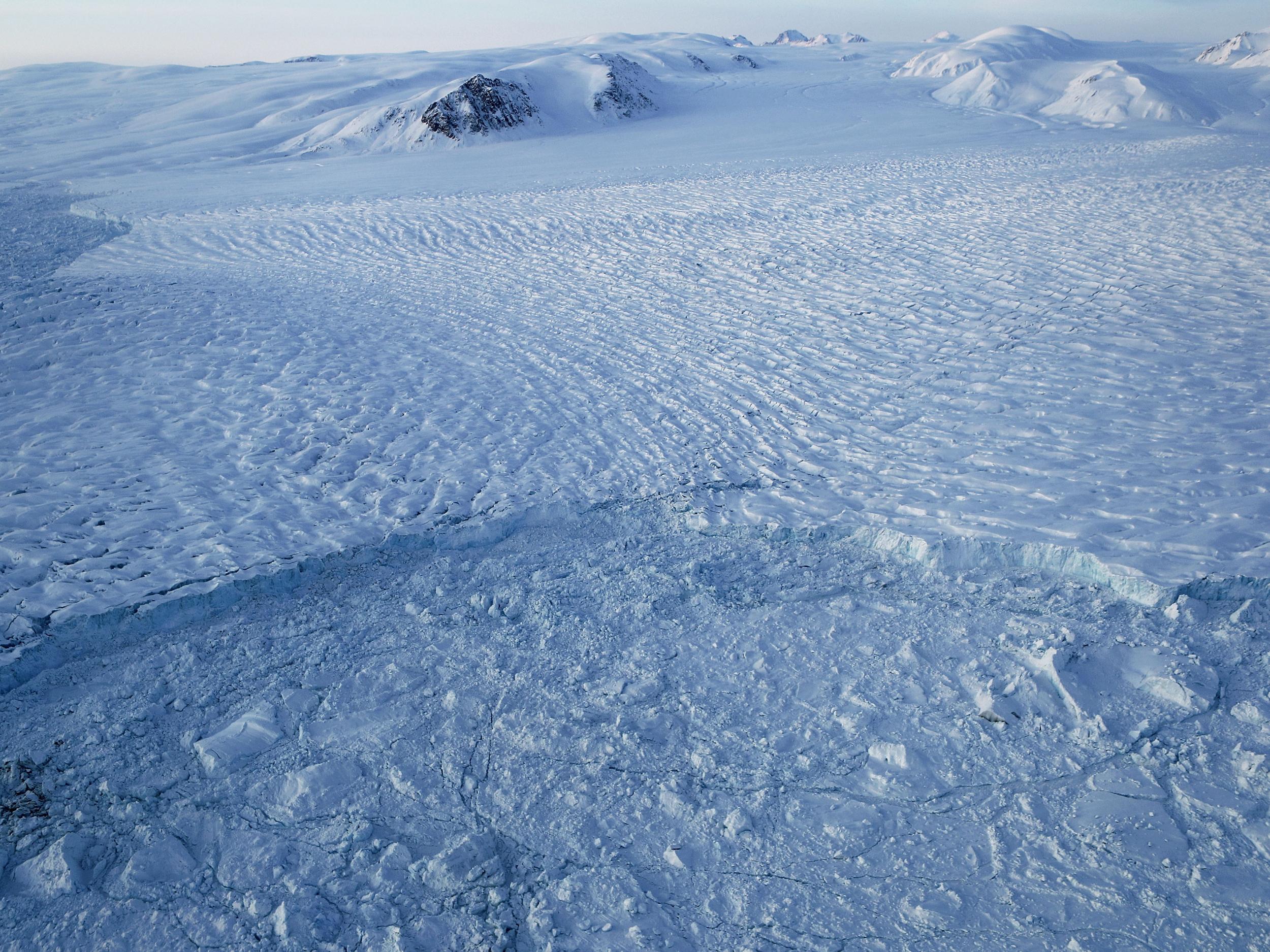22,000 years of historical records destroyed as ice cores melt after freezer failure
Crucial clues about climate change destroyed after cooling system malfunctions

Ice blocks offering clues to the history of the Canadian Arctic have melted after a freezer malfunction, depriving scientists of a vital resource for studying climate change.
A failure in the cooling system at the brand-new C$4m (£2.4m) Edmonton facility caused 180 metre-long cylindrical ice cores to melt — destroying evidence of some 22,000 years of the world’s history.
Air bubbles, dust and pollen that were trapped in the ice had provided crucial evidence about past environments and were studied to inform predictions about the future of the planet.
But temperatures at the storage facility, which is normally chilled to -37C facility, rose to 40C, melting tens of thousands of years of history.
“For anybody who has an ice core collection, melting is a perennial fear, and you don’t find out that it’s happened until too late,” Martin Sharp, director of the archive told The New York Times.
While only around 13 per cent of the 1,408 samples were lost, gaps in the record have been created.
And Dr Sharp does not yet know if they will get the chance to replace the ice-cores, which can cost up to $1m (£800,000) to replace because of the challenges of the freezing Arctic conditions.
“Some of these ice caps are disappearing,” he added, “and we’re going to lose this record, in some cases sooner rather than later.”
Some of the oldest ice cores from Canada’s tallest mountain, Mount Logan, and some from Baffin Island’s Penny Ice Cap – which contained 22,000 years’ worth of information about the climate – were at least partially destroyed.
Join our commenting forum
Join thought-provoking conversations, follow other Independent readers and see their replies
Comments